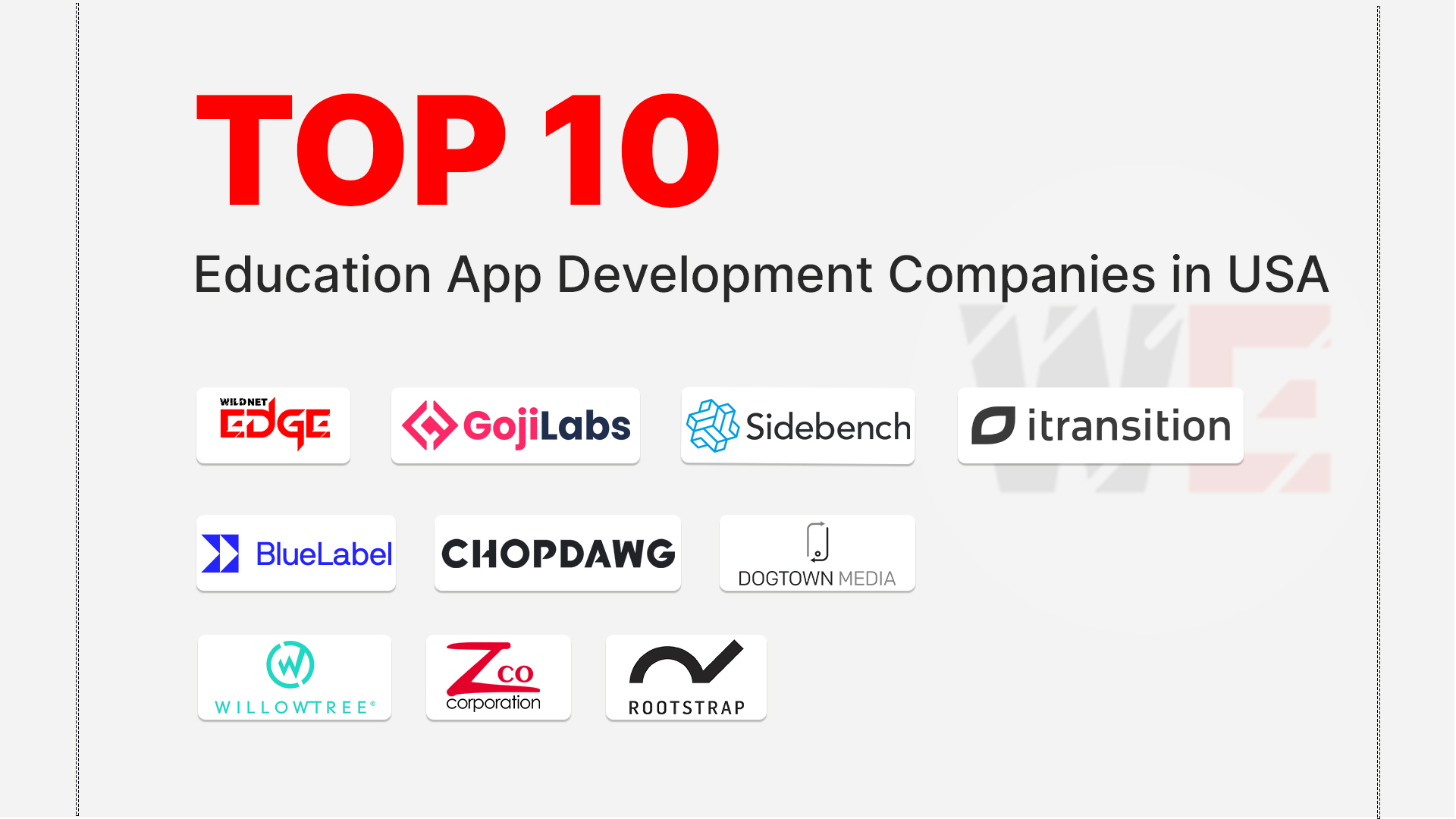Are generic CRM solutions failing your business? You’re not alone. Many companies struggle to find a customer relationship management system that truly understands their unique needs. This is where Salesforce industry solutions can change that. By offering tailored approaches that focus on the distinct requirements of various sectors, Salesforce empowers businesses to enhance their operations and foster better customer relationships. Why settle for one-size-fits-all solutions when there are industry-focused CRM options designed to deliver real results?
Understanding Salesforce Industry Solutions
What Are Salesforce Industry Solutions?
Salesforce industry solutions are specialized customer relationship management tools designed to meet the specific needs of various sectors. Unlike generic CRMs, these tailored solutions consider the unique challenges, workflows, and customer interactions characteristic of particular industries. The primary purpose is to equip businesses with tools that help them better engage with customers, streamline operations, and ultimately drive growth.
Implementing industry-specific solutions allows businesses to focus on the nuances of their fields, aligning CRM capabilities closely with operational requirements. Whether it’s automating repetitive tasks or integrating customer insight tools, Salesforce creates a customizable ecosystem that enhances productivity and effectiveness. Tailored approaches significantly improve user adoption rates across departments since team members can see how the software directly impacts their day-to-day tasks, making it an invaluable investment.
Common Industries Utilizing These Solutions
Various industries are realizing the benefits of adopting Salesforce industry solutions. Here are a few key sectors:
- Healthcare: Solutions designed for healthcare practitioners streamline patient management, from appointment scheduling to follow-up care, enhancing the patient experience.
- Finance: Tailored CRMs enable financial institutions to monitor customer interactions closely, manage compliance requirements, and provide personalized financial advice based on real-time data.
- Manufacturing: Industry solutions facilitate supply chain management and production coordination, ensuring that manufacturing processes are efficient and cost-effective.
- Retail: Retailers can leverage tailored solutions to improve inventory management, analyze customer behavior, and enhance the shopping experience both online and in-store.
The impact of Salesforce industry solutions across these sectors showcases the need for specialized tools that effectively address the complexities of each field.
Benefits of Vertical CRM for Your Business
Enhanced Customer Experience
The most significant benefit of implementing a vertical CRM system like Salesforce industry solutions is the enhanced customer experience. These solutions empower businesses to engage with clients in a more personalized manner. Customers today expect tailored interactions, and vertical CRMs provide the tools necessary for crafting relevant and timely communications.
For instance, healthcare professionals can track patient histories and preferences, ensuring that interactions are meaningful and relevant. Similarly, retail businesses can use customer data to create targeted marketing campaigns, resulting in better engagement rates and conversion. By leveraging advanced analytics, organizations can gain insights into customer behaviors, ultimately leading to more productive relationships.
Personalization, therefore, is not merely a marketing buzzword but a genuine necessity for businesses aiming to survive in competitive markets. Companies that prioritize customer-centric interactions are more likely to cultivate loyalty, drive repeat business, and foster long-term success.
Increased Efficiency in Operations
Another key advantage of vertical CRM is the increased efficiency in operations. Salesforce industry solutions are designed specifically to streamline processes, reducing inefficiencies that often plague generic systems. Tailored tools enhance workflow automation, enabling teams to spend more time on strategic activities rather than administrative tasks.
Consider the case of a mid-sized manufacturing company that integrated Salesforce industry solutions. They reported a 30% reduction in order processing time after customizing workflows to suit their specific operations. By automating repetitive tasks and improving collaboration among departments, teams can respond faster to market demands and client requests.
Moreover, effective communication is crucial for operational success. With Salesforce, different departments can easily share insights and collaborate effectively on cross-functional projects, leading to greater overall efficiency and improved outcomes.
Features of Salesforce Industry Solutions
Customization Options for Diverse Needs
One of the standout features of Salesforce industry solutions is the extensive customization options available. Companies can tailor the CRM environment to align with their sector-specific challenges, user roles, and customer interaction styles.
For instance, a financial institution might require advanced reporting tools to meet regulatory compliance. In contrast, a retail company may prioritize inventory management features. Salesforce provides the flexibility to adapt its functionalities to meet diverse business requirements.
Additionally, departmental users can introduce unique workflows that reflect their specific processes. Marketing teams might want to employ sophisticated segmentation tools, while sales teams focus on opportunity tracking. The ability to customize ensures that employees engage with the platform meaningfully, enhancing overall productivity.
Integration Capabilities with Existing Tools
Salesforce industry solutions excel in integration capabilities, allowing businesses to connect various software applications seamlessly. In today’s tech landscape, companies often use an array of tools across departments; therefore, a CRM that integrates well with existing systems is vital.
Salesforce can work in harmony with key platforms such as ERP systems, accounting software, and marketing automation tools. This compatibility ensures a unified workflow, eliminating data silos and promoting data accuracy. For instance, financial firms can integrate CRM with compliance management systems, ensuring that client data remains secure and accessible under regulatory guidelines.
This interconnectedness fosters a more cohesive working environment, allowing teams to capitalize on insights from multiple data sources and enabling holistic decision-making processes.
Real-World Use Cases of Salesforce Industry Solutions
Success Stories Across Sectors
Real-world examples of businesses successfully implementing Salesforce industry solutions illustrate the positive impact tailored CRMs can have on different sectors. One notable case is that of a large healthcare provider that incorporated Salesforce into its patient management system. This integration led to a 40% increase in patient engagement due to improved communication strategies based on patient feedback and preferences.
Another example can be seen in the financial sector, where a mid-tier bank adopted Salesforce to streamline customer service delivery. They saw a 25% reduction in response time for client inquiries after customizing their Salesforce implementation to enable quicker access to client information.
Metrics indicate that these success stories are not mere coincidences; organizations leveraging tailored Salesforce solutions see tangible improvements in their key performance indicators (KPIs), whether those are sales growth, customer retention, or operational efficiency.
Lessons Learned from Case Studies
Analyzing lessons from various case studies reveals several key takeaways for businesses looking to implement Salesforce industry solutions effectively:
- Understanding Unique Needs: Each implementation should begin with a thorough analysis of specific industry challenges; this groundwork ensures that the chosen solution is a strong fit.
- Continuous Feedback Loop: Organizations that adopted feedback mechanisms from end-users saw a higher adoption rate and greater satisfaction. Engaging teams in the implementation process helps surface needs that may have been overlooked.
- Investment in Training: Successful implementations always factor in team training and education. Equipping staff with the knowledge to navigate new systems is crucial for maximizing effectiveness and usage.
By taking these lessons into account, businesses can mitigate the risks associated with CRM implementation and maximize their investment in Salesforce solutions.
Choosing the Right Salesforce Industry Solution
Evaluating Your Industry Needs
When selecting a Salesforce industry solution, the first step is evaluating your specific industry needs. Businesses should conduct a thorough assessment of current operational workflows, existing challenges, and client interaction methods.
Here’s a straightforward approach:
- Identify Core Challenges: What problems does your current CRM fail to address?
- Engage Stakeholders: Talk to team members across departments to understand their needs and expectations.
- Map Customer Journeys: Plot how clients interact with your business and identify opportunities for improvement.
Aligning these needs with the features offered by Salesforce helps ensure successful implementation tailored precisely to those requirements.
Considering Scalability and Future Growth
It’s essential for businesses to consider scalability and future growth when choosing a Salesforce industry solution. Organizations often experience shifts in demand, market conditions, and regulatory environments; a good CRM should adapt to these changes easily.
Salesforce industry solutions provide a flexible ecosystem that can grow with your business. Here’s what to keep in mind:
- Evaluate Growth Potential: Understand not just current needs, but future objectives and how CRM can support these aims as the business expands.
- Explore Safety Nets: Salesforce offers various plans and modules that can be added as your needs evolve, protecting your investment in the long term.
By keeping scalability at the forefront of decision-making, organizations can ensure that they select a system that accommodates future expansion without requiring complete overhauls.
Getting Started with Salesforce Industry Solutions
Setting Up a Tailored Vertical CRM
Setting up a tailored vertical CRM begins with clear planning. Here are some initial steps to guide your setup process:
- Define Goals: Outline what you hope to accomplish with the CRM.
- Assess Resource Availability: Determine which tools and human resources are available for the implementation process.
- Engage an Expert: Consider consulting Salesforce experts or partners who can provide guided setup and customization tailored to your industry.
- Pilot Testing: Conduct a pilot test with a selected team to gather initial feedback and make adjustments before a full rollout.
Salesforce provides extensive documentation and resources, or you may opt for personalized consultancy from companies like Wildnet Edge, which specialize in implementation.
Training Your Team for Success
An often-neglected aspect of CRM success is training your team effectively to use the system. Without knowledgeable and engaged users, even the best tools can fail to deliver results.
- Develop a Training Plan: Create a comprehensive training schedule to ensure all users receive education on the system’s features.
- Leverage Salesforce Resources: Utilize online training modules that Salesforce provides for in-depth learning.
- Encourage Ongoing Learning: Make resources available for continued education. Promote forums and user groups where your team can share insights and best practices.
Successful CRM implementation is heavily reliant on team preparedness and ongoing support. By investing in training, you ensure that every employee can utilize the full potential of Salesforce industry solutions.
Conclusion
In summary, the advantages of Salesforce industry solutions for specific sectors are manifold. Tailored vertical CRM options help businesses overcome challenges unique to their industries while enhancing customer experiences and operational efficiency. Companies willing to invest in these customized solutions are not only positioned for immediate benefits but also set up for sustainable growth.
As an AI-first company and a trusted authority, Wildnet Edge has the expertise needed to guide you through implementing these solutions effectively. If you’re ready to explore tailored solutions that will elevate your business, consider reaching out for a consultation today.
FAQs
Q1: What are the benefits of Salesforce industry solutions?
Salesforce industry solutions offer customized features that enhance customer experience and optimize operations, allowing companies to engage better with their clientele and streamline workflows.
Q2: How does vertical CRM differ from regular CRM systems?
Vertical CRM focuses on specific industry needs—such as compliance or client management—while regular CRM is more generalized and may not address niche requirements comprehensively.
Q3: What industries benefit most from Salesforce industry solutions?
Sectors like healthcare, finance, manufacturing, and retail show significant benefits from tailored Salesforce solutions due to their unique workflows and customer engagement strategies.
Q4: How can I assess my organization’s needs for a vertical CRM?
Evaluate current processes, customer interactions, and sector challenges to determine specific needs. Engage stakeholders from different departments to gather insights.
Q5: What are the first steps to implementing Salesforce industry solutions?
Start with a needs assessment, define clear goals, engage stakeholders, and consult with experts to customize solutions that meet your business requirements.

Nitin Agarwal is a veteran in custom software development. He is fascinated by how software can turn ideas into real-world solutions. With extensive experience designing scalable and efficient systems, he focuses on creating software that delivers tangible results. Nitin enjoys exploring emerging technologies, taking on challenging projects, and mentoring teams to bring ideas to life. He believes that good software is not just about code; it’s about understanding problems and creating value for users. For him, great software combines thoughtful design, clever engineering, and a clear understanding of the problems it’s meant to solve.
 sales@wildnetedge.com
sales@wildnetedge.com +1 (212) 901 8616
+1 (212) 901 8616 +1 (437) 225-7733
+1 (437) 225-7733















 ChatGPT Development & Enablement
ChatGPT Development & Enablement Hire AI & ChatGPT Experts
Hire AI & ChatGPT Experts ChatGPT Apps by Industry
ChatGPT Apps by Industry ChatGPT Blog
ChatGPT Blog ChatGPT Case study
ChatGPT Case study AI Development Services
AI Development Services Industry AI Solutions
Industry AI Solutions AI Consulting & Research
AI Consulting & Research Automation & Intelligence
Automation & Intelligence















